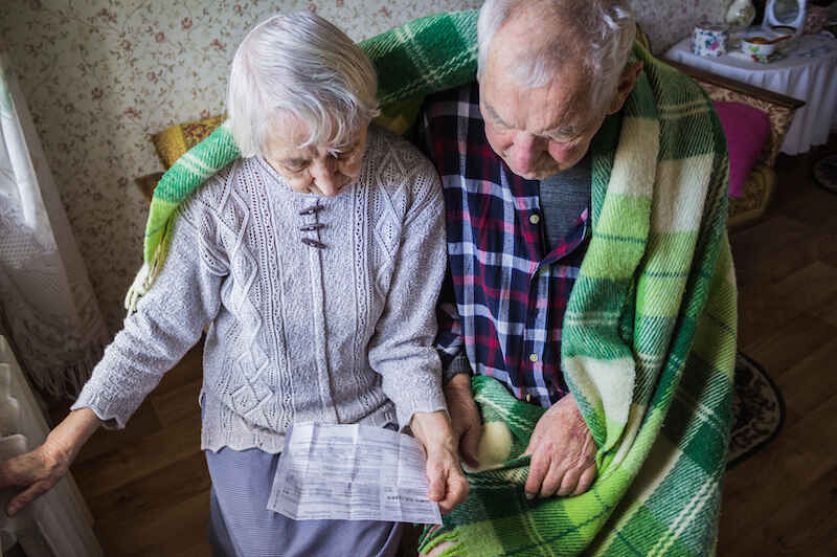
Some of the poorest households in England and Wales face the longest waits for the £150 council tax rebate designed to offset soaring energy bills, a fuel poverty charity has warned.
Local authorities were supposed to begin paying the rebates to residents in council tax bands A to D in April, just as the energy price cap jumped by nearly £700.
Households that pay their council tax by direct debit are expected to receive the payments first as their local authority already has their banking details on record. As of the end of May, more than 280 English and Welsh councils said that payments have already been paid directly into these residents’ bank accounts.
But poorer households often don’t pay their council tax by direct debit, often because they have tighter budgets or because they don’t have bank accounts. Across the UK, an estimated 4% of all adults don’t have a bank account, often relying on cash, the Post Office, and pay-as-you-go energy tariffs.
They may now face waits of months to receive sorely-needed relief on their energy bills, charity National Energy Action (NEA) warns.
“There are serious concerns that those with the greatest need will be least able to access the money,” the charity’s chief executive Adam Scorer said.
BBC News examined the websites of 331 local authorities in England and Wales and found a “clear split” in the schedule of payments for those who pay their council tax by direct debit and those who don’t.
The “vast majority” of councils said customers without direct debits set up are being contacted over the coming weeks, by post or email, and urged to submit applications for the rebate online or over the phone, the BBC found.
Post Office vouchers could be an easier way to get this money into residents’ hands, particularly those who don’t have bank accounts. The vouchers can be redeemed for cash and are “quick and secure.” But just 15 councils have begun mailing out Post Office vouchers to non-direct debit households, the BBC found.
Neil Emmott, leader of Rochdale Borough Council, says the central government doesn’t understand how complicated the process could be in some areas.
In Rochdale, over a third of residents don’t pay their council tax by direct debit. The council is currently processing 50,000 direct debit rebates and has just begun mailing out letters to 30,000 other residents who won’t be paid automatically.
“I think governments sat in London don’t always necessarily know what’s taking place,” Emmott said. “[The longer wait] is not fair, but give me an alternative way to do this?”
“The most vulnerable need this payment, and we are getting our skates on to get payments to those people as soon as possible,” he added.
Other local authorities have also said they’ve had to implement new software to make the payments, as their existing systems were designed for collecting money, not making payments. They also say they must undertake labour-intensive checks of taxpayer records to ensure that the refunds end up in the right hands. While Westminster has urged local authorities to provide the rebates “as soon as possible,” some councils say residents may be waiting until September.
The Local Government Association, which represents councils in England, said the rebate scheme is “a significant task and not without its challenges.”
“Many residents who are signed up to direct debit will have already started to receive their rebate,” a spokesperson said. “Some councils have begun making payments this month to allow software to be fully tested and to ensure April direct debit payments are not recalled and many are now also focusing on contacting those eligible who do not pay their council tax by direct debit,” a spokesperson said.
But Scorer said the different ways councils have of administering the scheme is creating “a postcode lottery for struggling households.”
National Energy Action also raised concerns about households outside of council tax bands A to D. An estimated 600,000 low-income households won’t qualify for the rebate, Scorer said.
“While the Treasury said that there would be money for other vulnerable households outside of the eligibility, they will often need to self-identify, rather than just getting the rebate automatically, which could see desperate households slipping through the cracks,” he said.
He added that the government’s response to the energy crisis has been “wholly inadequate so far.”
Sources: BBC News: “Warning poorest households are struggling to get £150 energy rebate”




